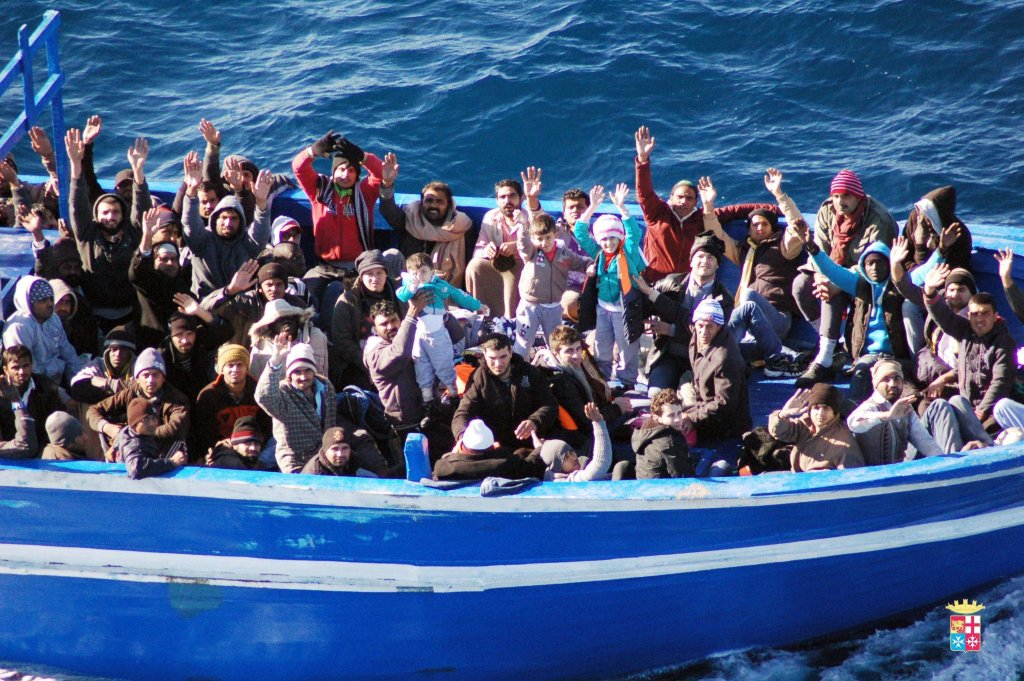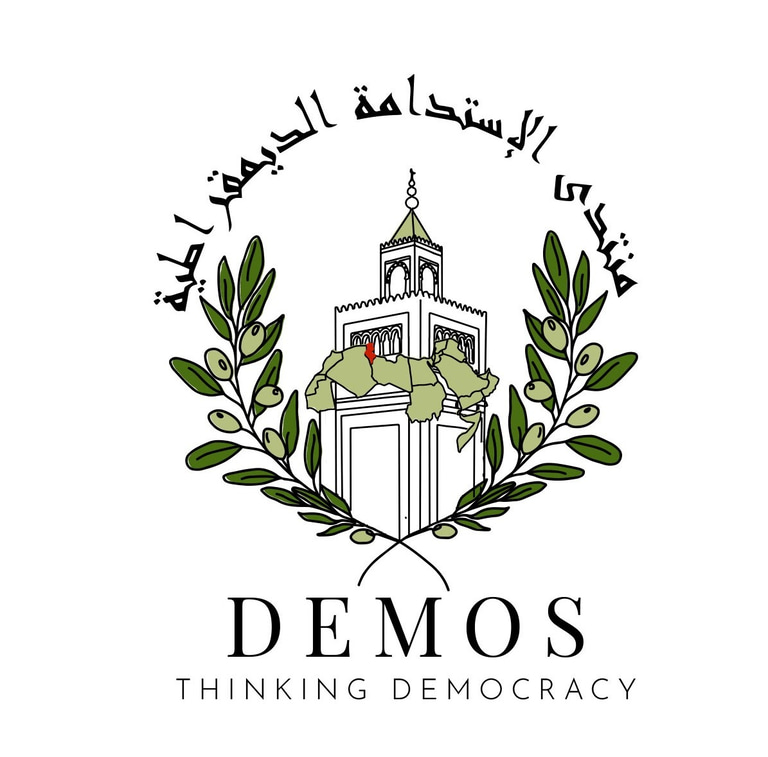Written by Saerom Han


Executive Summary
Tunisia is today partnering with the European Union, namely Italy, in the fight against illegal migration in the Mediterranean. This policy brief looks at the path toward building what can be described as a loose ‘partnership framework’ whereby Tunisia undertakes to ‘police’ its shores as part and parcel of its role in curbing illegal migration towards Italy.
In July 2025, Italian Prime Minister Giorgia Meloni met with Tunisian President Kais Saied in Tunis to advance the Mattei Plan for Africa, which seeks to reduce irregular migration through investments in education, healthcare, infrastructure, and energy diversification. Framed as a ‘non-predatory’ partnership, this initiative reveals how European responses to migration pressures increasingly combine domestic securitization with externalized development cooperation creating a complex dynamic where development assistance becomes instrumentalized for migration control.
The adoption of a bilateral framework for involving Tunisia, amongst other MENA states, in the activation of anti-migration policies seems to be in tune with the EU trend of externalizing the illegal migration problem.
For the European Union, the pressure to externalize migration problems involves shifting border control and migration management responsibilities to North African countries, including Egypt, Mauritania, and Tunisia, amongst others. This strategy aims to “de-politicize” migration inside EU member states. For those MENA countries involved in these strategies to prevent irregular migrants crossing into Europe or provide illegal migrants returnee hubs in return for developmental aid packages, their involvement comes at a price. The moral cost and backlash that could result from threats to migrants’ welfare and human rights violations and forced deportations are inevitable.
The convergence of political and moral imperatives are indispensable conditions to shifting the MENA-EU partnership to deter illegal migration from stress on ‘securitization’ to one of sustainability. This is at the heart of the key argument advanced by the policy brief.
Some of the key recommendations offered revolve around:
1. Meaningful engagement between migrant-sending and migrant-receiving countries (MENA and the EU), including through the co-construction of migration policy;
2.) A long-term, human-centered (rather than securitized) policy approach aimed at treating the root causes of migration without isolating it from other economic and political challenges in migrant-sending countries.
